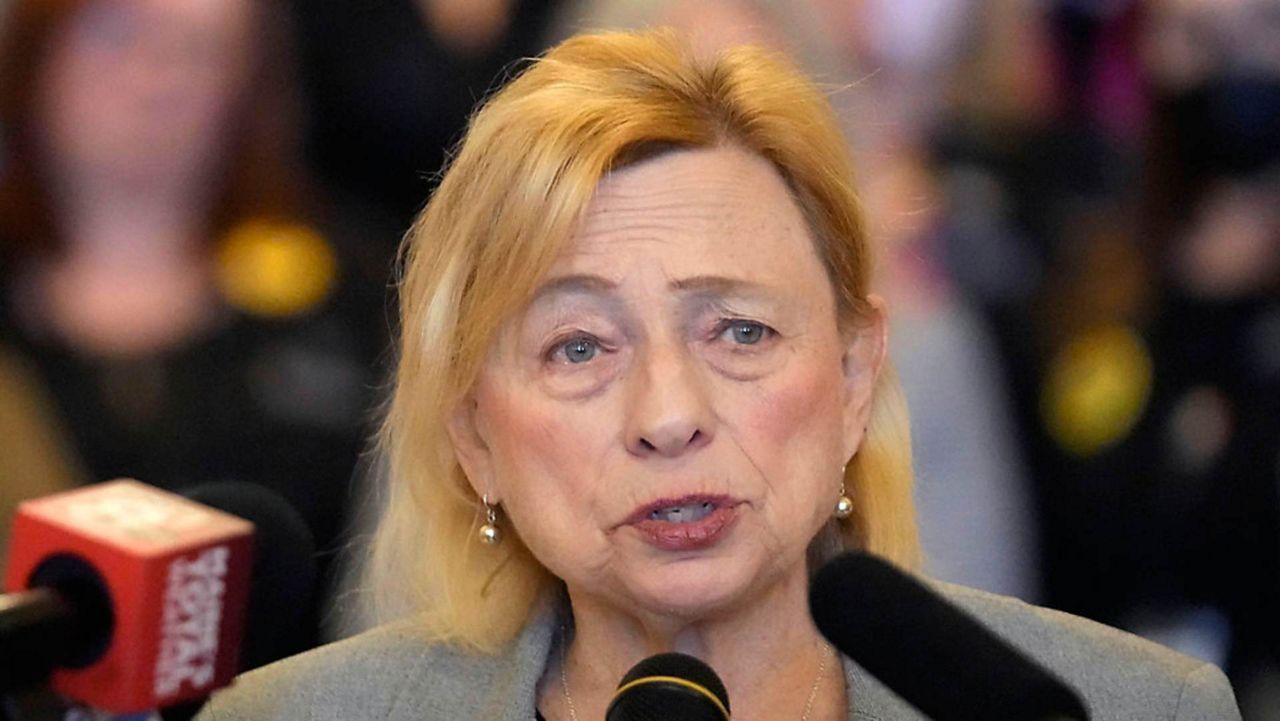Gov. Janet Mills on Friday announced her plan for allocating more than $100 million in additional state revenues to support housing, childcare and nursing homes.
The proposal also creates a fund to help residents buy mobile home parks, according to a release from the governor’s office.
The change package follows new state government revenue projections that show the state will have an additional $108 million in one-time funding.
“This fiscally responsible proposal aims to address some of the most urgent challenges Maine people are facing, like access to affordable housing, childcare, and long-term care,” Mills said in a statement.
The increased state funds are largely driven by strong corporate tax revenues, according to the governor’s office. In future years, state revenues are projected to remain “relatively flat.”
Highlights include:
- An additional $22 million to pay for housing;
- $5 million allocated for MaineHousing to establish a housing preservation fund to help mobile home park residents buy their parks;
- An additional $23 million to help nursing homes;
- $550,000 to increase startup funds for the substance use disorder treatment center in Kennebec County;
- $17.5 million for the Maine Emergency Management Agency, most of which will provide the state match to draw down federal funds for storm recovery.
The changes proposed Friday are in addition to the governor’s supplemental budget, which is still being debated by lawmakers. As proposed, the governor wants to set aside $107 million to pay for future budget costs.
While presenting the proposal to the Legislature's Appropriations Committee on Friday, finance Commissioner Kirsten Figueroa said that additional money will not go into the state's rainy day fund, which is designed to cover economic downturns. Instead, the $107 million is intended to cover anticipated costs in the 2026 and 2027 budget years, she said.
Republicans on the committee asked Figueroa why the governor is allocating $23 million in one time funds for nursing homes, rather than providing ongoing support. For weeks, nursing home advocates have been working to get additional state support because of bed shortages and numerous closures in recent years.
"I don't see how $23 million in one time funds is going to solve the crisis the nursing homes are facing," said Sen. Rick Bennett (R-Oxford).
Figueroa said the funds are meant as a bridge to a new funding formula that will incentivize nursing homes to fill beds and hire permanent local staff rather than traveling nurses.
If approved as proposed, the state’s two year budget would total $10.44 billion, according to the governor’s office.



